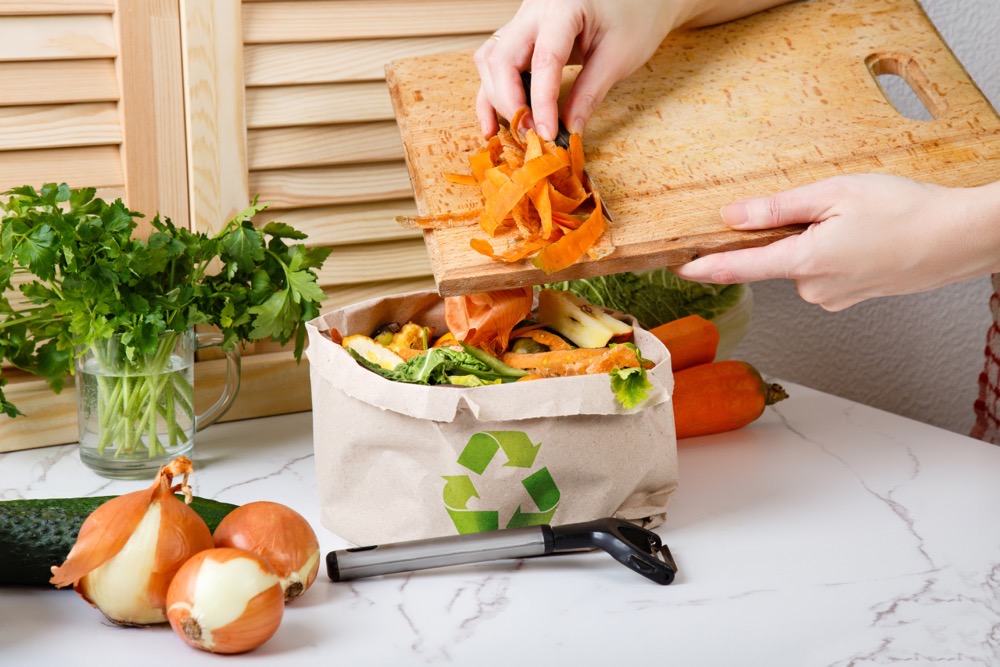RIYADH: Sri Lankan Ambassador in Riyadh Omar Lebbe Ameer Ajwad expressed his desire to elevate bilateral relations to new heights as Saudi Arabia and Sri Lanka celebrate 50 years of diplomatic ties.
In an exclusive interview with Arab News, Ajwad said: “Saudi Arabia and Sri Lanka are celebrating the 50th anniversary of the establishment of diplomatic relations.”
He added: “Sri Lanka and Saudi Arabia have a very long background of ties. According to the history books, it started in the seventh century … when Sri Lankan King Aggrabodhi III dispatched a delegation on a fact-finding mission to Saudi Arabia, on the request of the Arab people who were living in Sri Lanka at that time. The king sent an envoy to Madinah to learn about Islam from Prophet Muhammad.”
This ancient trade and people-to-people relationship between Saudi Arabia and Sri Lanka flourished over time. The two established formal diplomatic relations in 1974. The first Saudi ambassador to Sri Lanka was appointed in August 1977. The Sri Lanka mission was established in Jeddah in 1983. The Embassy of Sri Lanka was established in Jeddah with M.R.M Thassim as the first accredited ambassador, and shifted to Riyadh in 1985.
“We are celebrating this historic moment. It’s a milestone in our bilateral relations. We have decided on a logo to be unveiled soon to mark this occasion, both countries have agreed on that. We will soon launch it both in Saudi Arabia as well as Colombo. The logo will demonstrate the close bilateral relations,” said the ambassador.
“We will issue a postal stamp to mark the occasion. Both countries are now working on that to release a stamp to demonstrate the depth of relations,” Ajwad told Arab News.
“We also took some initiatives to mark the golden jubilee occasion such as the green initiative with the tree planting campaign in Riyadh in collaboration with the Saudi Ministry of Foreign Affairs and the Riyadh municipality — we have already planted trees in four parks with our community. It is aligned with the Saudi Green Initiative that aims to plant 10 billion trees,” he said.
“(We) also initiated planting campaign in the Sri Lankan Schools in Riyadh and Jeddah to mark the 50th anniversary,” he added.
“We initiated an Ambassadors Cup cricket tournament among our community to mark this occasion. We already had it in Jeddah, and now we have a final on Dec. 27 in Riyadh,” he said.
“We have also launched events to boost cultural cooperation between the two countries.”
Ajwad noted that Saudi Arabia under the visionary leadership of King Salman and Crown Prince Mohammed bin Salman has embarked on an ambitious Vision 2030 program.
“We witness Saudi Arabia’s fastest developments in all spheres,” he said, adding that Sri Lanka was one of the first countries which pledged support for Saudi Arabia hosting Expo 2030. He also said Sri Lanka is proud of the Kingdom winning the bid to host the FIFA World Cup in 2034.
“I believe the commemoration of the 50th anniversary of the diplomatic relations will serve as a catalyst to further consolidate our bilateral relations in all areas of mutual interest in the years ahead,” said Ajwad.
Following the commemorative year, “we are planning to initiate the first political consultation meeting between the foreign ministries of both countries, finalizing the roadmap for economic cooperation between the Ministry of Economy and Planning of Saudi Arabia and the relevant ministry in Sri Lanka, and activating the MoU on foreign investment signed this year between Sri Lanka and the Ministry of Investment of Saudi Arabia,” he added.
On diplomatic ties with Saudi Arabia, the ambassador said: “We are very closely working on all aspects.”
He added that the Saudi-Sri Lanka Joint Committee was established under the General Cooperation Agreement signed between the two countries in 2003.
The committee held its first session in 2023 in Riyadh. The Saudi delegation was led by Dr. Abdullah Nasser Abu Thnain, deputy minister of human resources and social development, while the Sri Lankan delegation was headed by Tharaka Balasuriya, former minister of state for foreign affairs.
“We have identified around 63 items for economic cooperation under the Joint Committee. We have also set up an economic roadmap under the framework of the Joint Committee,” said the ambassador.
“It’s a very promising roadmap. So we will build on the relations that we have already maintained, to elevate it to the new heights,” said Ajwad.
Saudi Arabia’s assistance to Sri Lanka is broad and diverse. The Kingdom has provided assistance to the tune of $455 million to implement over 15 development projects in education, irrigation, agriculture and road networks, including the establishment of Medical Faculty at the University of Sabaragamuwa, the development of the Wayamba University township and the Kurinchakerni Bridge project.
The Saudi aid agency KSrelief has also implemented 18 projects including shelter, food security, and humanitarian operations at a cost of more than $15 million.
Formation of a Parliamentary Friendship Committee between the two countries has further strengthened bilateral ties, said the envoy.
“We are also focused on the private sector interactions between the two countries,” he added.
Tourism is a very promising area for Sri Lanka. “We saw an increased number of Saudi tourists visiting Sri Lanka. Saudis are placed third in number of tourists visitng Sri Lanka,” said Ajwad, adding: “We are working closely on promoting tourism. It’s a promising area. We can work in the hospitality sector as well. There is a big interest.”



































